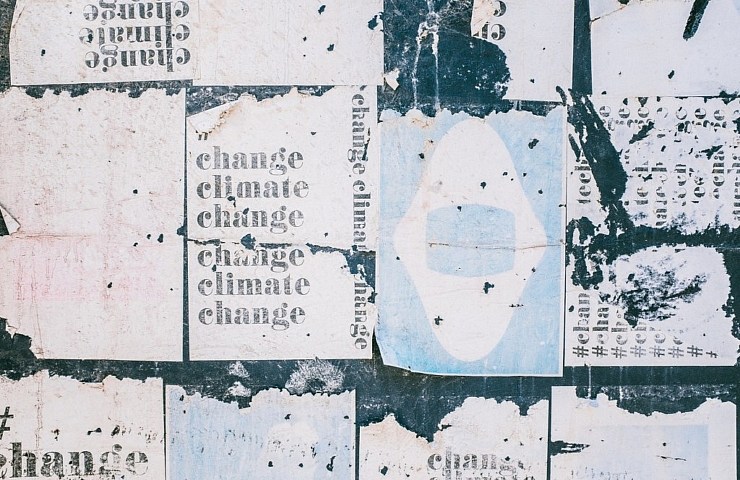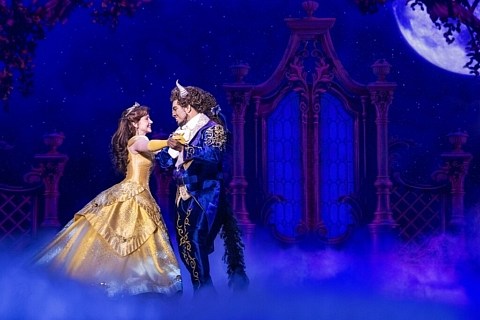In our modern times, there is a great deal of discourse on climate change. Climate strikes and protests have become the norm, and environmental policy has become a big talking point in the upcoming 2020 election. While it’s important to analyze how climate change is affecting our reality on Earth, it can be interesting to see how it also impacts its relationship with entertainment.
Climate change tends to be associated with the science fiction genre. Science fiction stories tend to have advanced science or technology, and the writers analyze how these scientific and technological developments affect the universe in which the story takes place in. In our world today, where tech gurus such as Elon Musk are working to create technology to combat climate change, this kind of fiction seems very relevant.
This sort of fiction where technology is used to try to save the Earth isn’t new. Climate-related science fiction, sometimes referred to as cli-fi, has been published since the 1800s. Yet unlike today, in the 1800s there was not as much fear of actual climate change happening. The idea just made for good stories. But of course the modern knowledge we have of climate change makes for a different kind of story. Now we know that we have little time to fix the environment before major problems arrive. With such pessimistic scientific views of the future, what does that leave for sci-fi writers to do?
The answer appears to be “bring awareness and hope”, with ‘awareness’ meaning writing a story imagining the effects of climate change. Some examples include the book “Children of Time” by Adrian Tchaikovsky, where humanity has to leave a decimated Earth to find life somewhere else. However, more recognizable examples are “The Lorax” movie, where humanity lives in a plastic infrastructure with terrible air quality. The new “Twilight Zone” show features an episode called “Six Degrees of Freedom”, where astronauts are sent to Mars to establish human society due to Earth becoming inhabitable.
While these pieces of fiction present society as a mess due to climate change, they also provide hope and solutions. “The Lorax” has a simple solution: plant more trees. “Six Degrees of Freedom” is a little more complicated, since the hope would be that aliens who are smarter than us will save us from ourselves. If it takes alien intervention to end climate change, then by all means bring on the green people.
So in the context of climate change, science fiction is now serving as a way to give us aspirations to fix the problem. That sounds uplifting, but can fiction actually work? Will a Dr. Seuss animated adaptation save us? Yes and no.
We can’t deny how entertainment can influence us as a society, and it’s very possible that cli-fi is inspiring young people to pursue careers in climate science. But it can only do so much. Watching “Wall-E” to get hope isn’t direct climate action.
However, awareness is important. We cannot do anything if we don’t know about it. So with climate fiction constantly being in our faces through entertainment, hopefully our societies and institutions who can make a difference with climate change will be inclined to take action.
While climate change in entertainment can be pessimistic, it makes us face the harsh reality of the issue. At the same time, it’s optimistic in that it brings us hope and inspiration for a sustainable future. And with the looming threat of an uninhabitable planet, we need that kind of optimism now more than ever.
Featured image from Pexels





Recent Comments